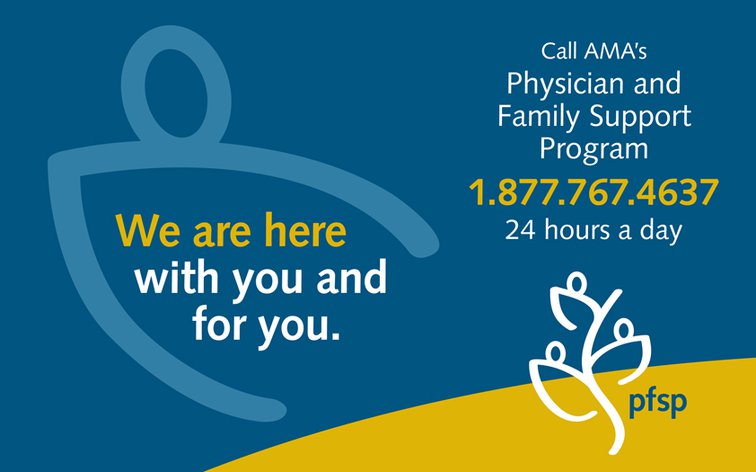When a friend was sharing the photos of her trip to the Louvre a few years ago, The Raft of Medusa by the French painter Théodore Gericault stuck in my mind. It is a striking depiction of human suffering and trauma. It was so disturbing to me that my body recoiled when I viewed it. I had no control over my body and became aware of it a second after the movement – my neocortex caught up.
As frontline clinical physicians, we see suffering daily. Patients come to us because there is a problem to be solved. We are there to help them solve it. So our job, at a symbolic level, is to witness and provide aid to The Raft of Medusa throughout our careers. Most of the time there are happy endings, but there are also unhappy ones.
I remember as an anesthesia resident in adult ICU (many moons ago), I was placing a central line in a patient. All of a sudden, my right foot started to rhythmically tap. I thought, briefly, that I had just metamorphosed into the rabbit Thumper from the 1942 film Bambi!
Strangely, I had no control of my foot and became aware of it after the “thumpin” was underway. I placed the line. The thumpin stopped. I carried on, as we all do, with my duties. My thumpin reoccurred intermittently and did – eventually – stop permanently.
Now, more than 20 years later, I finally understand what happened to me during that time – psychological trauma from working in adult ICU. Dr Van Der Kolk’s book The Body Keeps the Score explains how our brain, mind and body are affected by trauma. I suspect my physical reaction to the painting The Raft of Medusa is my body’s memory of my time working in adult ICU as an anesthesia resident.
In addition, I have also received somatosensory therapy to help me manage my mental health and have found it very effective. Dr. Pat Odgen (Trauma and the Body - A Sensorimotor Approach to Psychotherapy) is one of the pioneers of this approach.
I am all for the different perspectives on physician wellness:
- peer support
- mentorship
- coaching
- traditional psychotherapy
- psychiatry
- group therapy
- educational rounds
- collegiality
- gratefulness
- yoga
- meditation
- mindfulness
- positive psychology
- emotional self-awareness
- psychological health and safety in the workplace
- DEI
- psychological self-care
- self-compassion
- journalling
- narrative medicine
- monthly newsletters
- resource lists
- courses
- conferences
- trauma-informed leadership
Yet the reality is that, as a profession, we have not made any concrete or measurable improvements in the rate of burnout and other occupational injuries (including psychological trauma) in the physician population with our current activities.
Doctors are a resilient and motivated bunch. So what is the problem? It must be the environment – likely the working environment and the constant exposure to human suffering. Being aware of the general concepts and principles of physician mental health is important. Yet significant influence does come from below the neocortex – instinctual human defense mechanisms (fight, escape, fear, submit and attach) and our bodies, which inform us to act (as in my body’s reaction to the painting and my Thumper experience).
Our programs should incorporate body awareness as part of comprehensive understanding of physician mental health. Having a sophisticated awareness will give physicians another way of monitoring and managing mental health. In addition, physician leaders from all our organizations should develop a compressive, concrete and collaborative program to address physician burnout and other occupational injuries using “models for improvement” fundamentals.
Physicians can also manage their own capacities. In addition to delivering high quality patient care throughout their careers, physicians and learners should attend to their own psychological, physical and relational health. Improving your body awareness will assist in these goals.
Banner image: The Raft of Medusa (Credit: wikiart.org)

